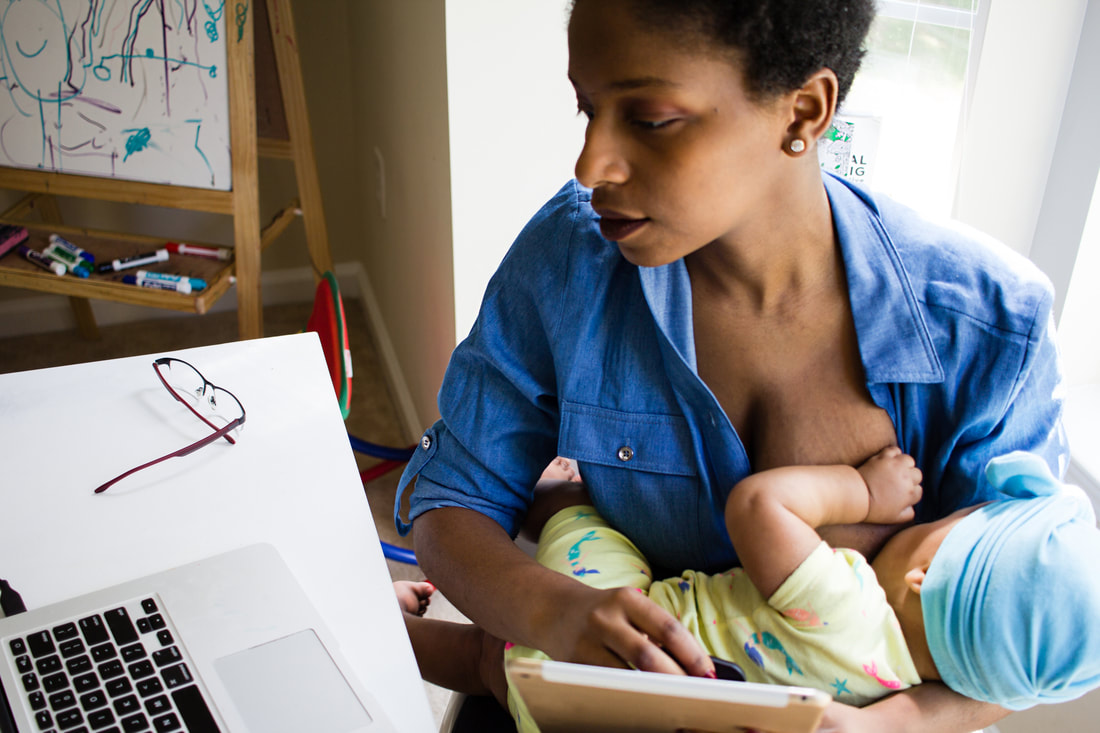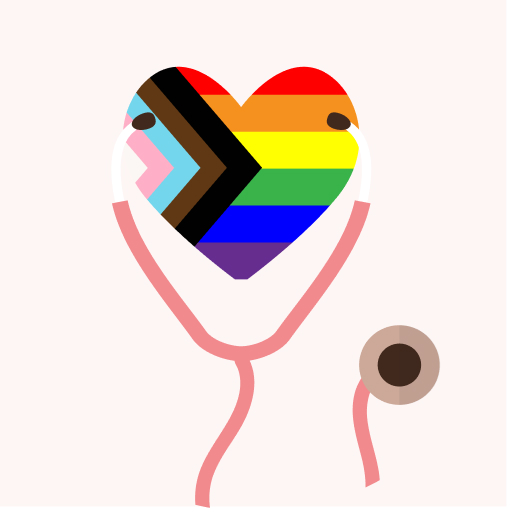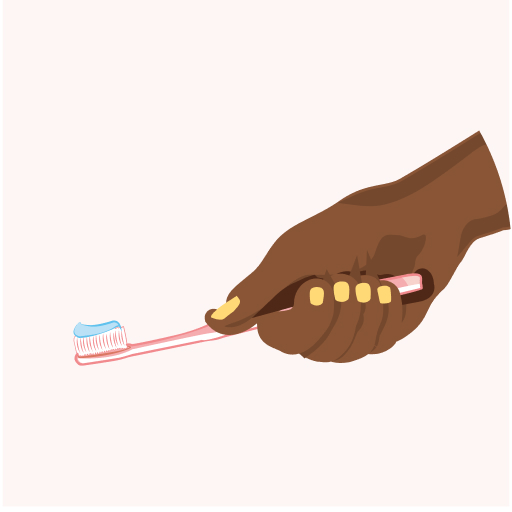
We Need More Black Lactation Consultants, But Where Are They?
When I became a mom, I just knew I was going to breastfeed. No one in my family breastfed and I didn’t receive prenatal breastfeeding education. At the inner-city hospital where I delivered, there were only two white lactation consultants. I didn’t have a black breastfeeding role model. Needless to say, my breastfeeding journey started off rocky. It was mainly rocky due to the lack of lactation services provided in my community, but also, there was no one who looked like me that was my cheerleader, my mentor, or my experienced sister-friend. I decided that I would be the change I wanted to see and started my journey to becoming an International Board Certified Lactation Consultant.
What I didn’t know when I started my journey to become certified was that there was such a disparity in the amount of lactation consultants that were black. The peer counseling program was something that had been implemented across the country. Peer support is wonderful and should be appreciated, but it’s not considered as the gold standard in lactation care among professionals. There is a stereotype that lactation consultants must be registered nurses, which is not true. Being a nurse is not a requirement. This stereotype prevents many black women from considering becoming a lactation consultant. There are hundreds of moms who fulfilled the educational requirements to sit for the board exam who are not nurses, but due to this stereotype, most hospitals won’t hire a lactation consultant that is not a registered nurse. Most of these same hospitals lack evening and weekend coverage. Since there is a gap in this much needed service provided to families, why not fulfill that gap with capable consultants. If there was research done on how many black lactation consultants were employed besides private practice settings, I’m sure the number would be low.
So where are we now in the world of lactation? There are some programs that help black women become lactation consultants. Across the country, black lactation consultants can count how many other black lactation consultants there are in their state.. Yes, you read that correctly, their state. Most states have less than twenty black lactation consultants. Black women also have the lowest initiation and duration rates among their counterparts. And we’re still asking why? Motherhood and breastfeeding is an intimate experience and there are cultural differences and barriers that exist among black families. What better way to increase black breastfeeding rates than to increase the number of black lactation consultants and employ them in different community organizations. A black mom may feel more comfortable discussing certain issues with someone who mirrors her and her community.
I’ve attended several conferences where the discussion is centered on improving breastfeeding rates among black women, and only one of those conferences had a black presenter. Besides “research”, how can a woman who is not black educate black women on breastfeeding? There should be black women conducting the research and presenting it. That is where these unemployed black lactation consultants can thrive and make a difference in minority communities. How are we improving black breastfeeding rates if we don’t have black lactation consultants and community members in leadership and decision-making roles? There should be qualified black women leading black breastfeeding initiatives. As with any profession where black women are the minority, respect is not easily given. The lactation culture must change, and it has to start with changing the face of lactation to represent the community being served.










